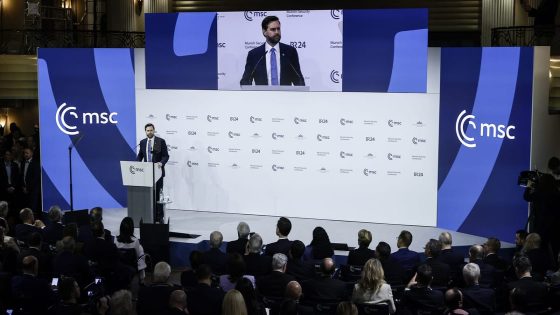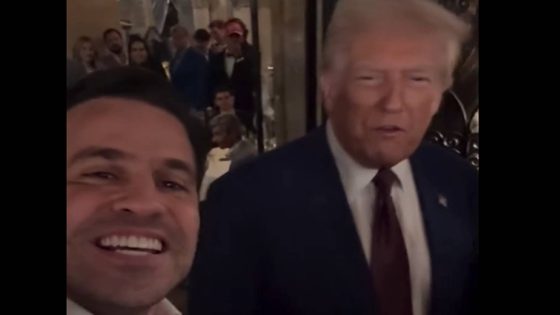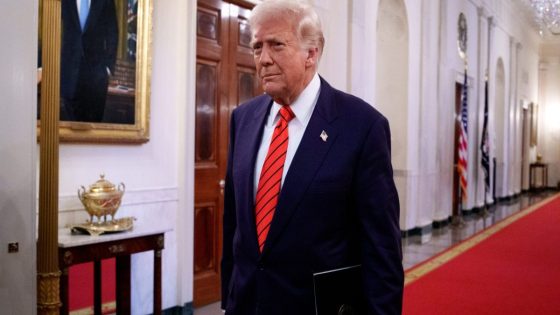During a speech in Munich on February 14, 2025, U.S. Vice President Vance criticized high levels of immigration while offering prayers for victims of a recent attack in the city. However, his remarks largely overlooked pressing issues such as Ukraine and defense spending, which are top concerns for European leaders seeking clarity from the U.S.
- Vance criticized high immigration levels.
- Speech lacked focus on Ukraine and defense.
- European leaders seek clarity on U.S. commitment.
- Blumenthal noted missed opportunity for clarity.
- Republicans also highlighted speech omissions.
- Moulton questioned Vance's credibility as messenger.
The Munich Security Conference serves as a key platform for discussing global security issues, particularly those affecting Europe and its relationship with the united states. Vance’s comments came at a time when European leaders were eager for reassurance about American support amid ongoing tensions with Russia.
Critics noted that Vance’s speech did not reflect the urgency felt by many European officials regarding U.S. foreign policy. Senator Richard Blumenthal remarked that it missed an opportunity to clarify the administration’s stance on Ukraine amidst conflicting signals from other U.S. officials.
- Vance focused primarily on freedom of speech and religion rather than military support.
- Senator John Cornyn expressed disappointment over the lack of discussion on Ukraine.
- Seth Moulton highlighted Vance as an inadequate messenger due to his refusal to acknowledge the legitimacy of the 2020 election results.
The absence of dialogue surrounding defense spending and commitments to NATO allies left many attendees concerned about America‘s strategic priorities under the current administration. As geopolitical tensions rise, clear communication will be essential for maintaining strong transatlantic relations.
The Munich conference underscored significant gaps in communication regarding American foreign policy priorities, particularly concerning Ukraine and European security needs. The mixed messages from U.S. officials could have lasting implications for international alliances moving forward.
































